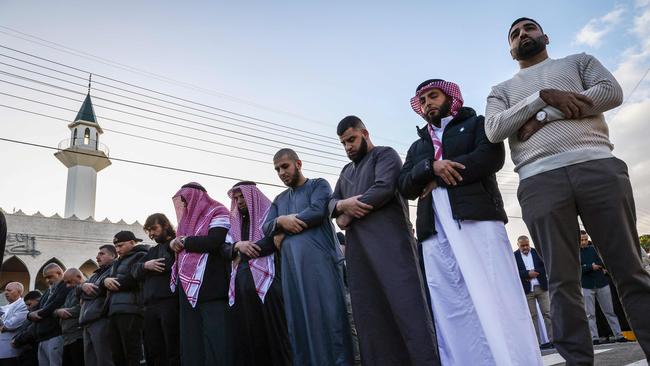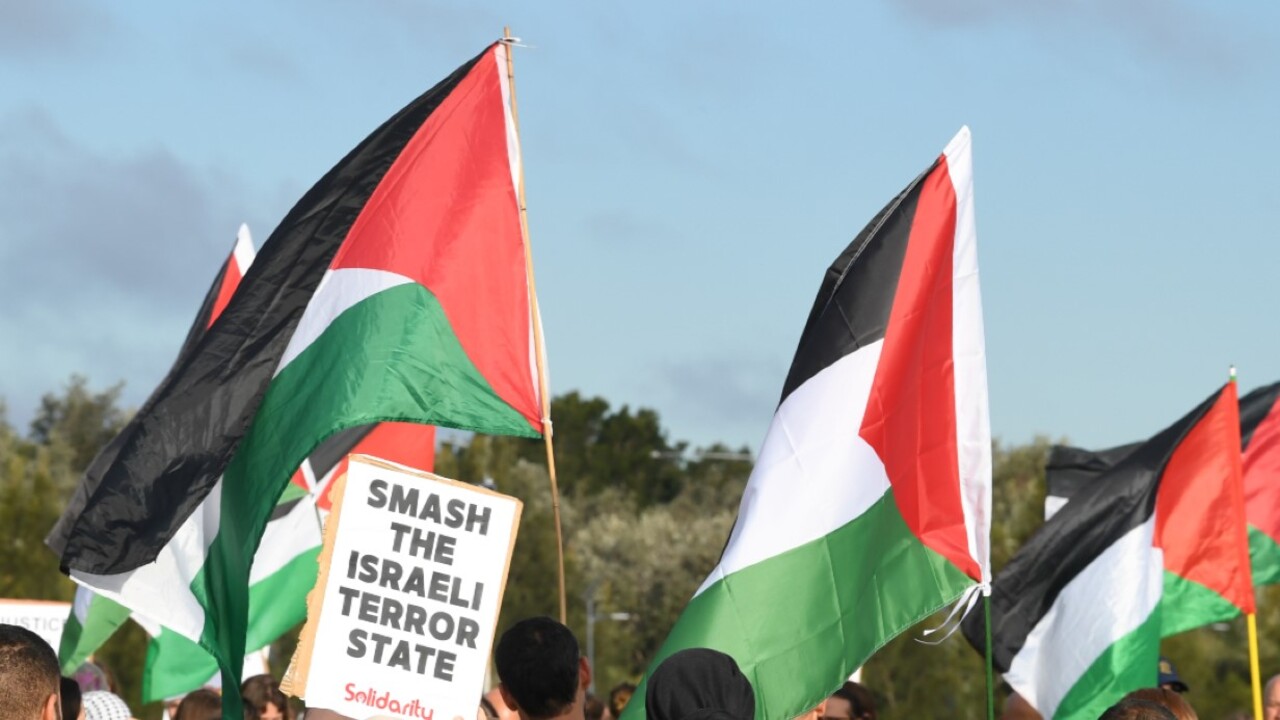True diversity comes from the bottom up
Systemic shifts in Judaeo-Christian values haven’t come from immigrants but from the elites imposing ideologies based on the mantra of choice, control and change.

Despite complaints about immigration and Muslim immigrants changing the culture and subsuming Judaeo-Christian ethics, we should ask ourselves: Who does this? It certainly doesn’t come from Muslims.
Religion and ethnicity are the supposed fault lines where the old monoculture and newer dynamic multiethnic culture meet and change. But systemic shifts in Judaeo-Christian values haven’t come from immigrants but from subtle elite people imposing ideologies based on the mantra of choice, control and change.
They are supported by powerful cultural institutions such as the ABC and company chief executives such as Alan Joyce, who declared that you couldn’t bank, fly or get insurance if you didn’t go along with same-sex marriage. But this and other identity ideologies, supported in the name of diversity, were anathema to ordinary immigrant families, the true flag bearers of diversity.
One only has to look at where immigrants live to see the effect on Australian prosperity and culture.
Despite Sydney’s glossy Harbour City image, western Sydney from Bankstown to Parramatta is really the NSW capital’s demographic heart. Western Sydney is Sydney. The diversity of these suburbs is in the ethnic and religious mix. In Canterbury Bankstown, Muslims make up almost 36.8 per cent of the population and Christians of various denominations another 25 per cent. In the Cumberland local council area, which overlaps into the federal seat of Parramatta, 78 per cent of people have a religious affiliation.
So, what does all this tell us about Australian values? This past week I had the privilege of speaking at a community dinner in western Sydney that was sponsored by Cumberland City Council and an ecumenical Christian group. The dinner attracted many attendees who were not Christian. The most outstanding thing I noted was how similar our values were. Whether you are Christian, Muslim or Hindu, we all have the same basic values and aspirations: a decent home for a family, good education for our children, and the ability to bring them up according to our values and traditions.
Immigrants are often accused of being uninterested in democracy and targeted as lacking in civic engagement, partly because relatively few people from immigrant background are in federal politics. Immigrants are interested in their local area, which affects them much more on an everyday level. In Cumberland, 72.4 per cent of the population are Australian citizens and have a keen involvement in local politics. At the dinner I sat with a Labor councillor from Bangladesh, one of a surge of immigrants from the subcontinent.
The federal electorate of Parramatta, which includes the western Sydney suburbs of Parramatta, Epping and Granville, borders partly on the Cumberland council area and it tells a similar story. Overall, it is prosperous. Unemployment is as low as 2 per cent but there are pockets as high as 16 per cent in Granville. Local federal member Andrew Charlton sees the electorate as a template for the nation’s future: “The future of Parramatta is the future of Australia … aspirational, multicultural and globally connected. The growth of western Sydney has made it an economic powerhouse. More than 50 per cent of the ASX 100 now have a presence in Parramatta.
“Those big companies have come to Parramatta because of the skilled workforce and consumer growth. Parramatta has no less than nine university campuses and dozens of international colleges. It is the most globally connected part of Sydney.”
With prosperity, political involvement will grow, but immigrants are not as involved in federal politics because politics in plural Australia is not interested much in their religious cultural values. Religious values are important to immigrants and non-immigrants alike, as Chris Bowen recognised after the 2019 election when he suffered a 5.4 per cent swing against him.
“I have noticed … how often it has been raised with me that people of faith no longer feel that progressive politics cares about them,” Bowen said. “These are people with a social conscience, who want to be included in the progressive movement. We need to tackle this urgently. I think this is an issue from the federal election that we haven’t yet focused on.”

We do not live in a monoculture. Critics of dynamic multiculturalism often cite countries with much more static culture, with no history of immigration – some so static they are in danger of disappearing, such as Japan.
Despite the enormous economic benefits of immigration in the most cohesive multiethnic nation we still hear that immigration is a Ponzi scheme, or unfounded complaints about immigrant crime. Others decry cultural change, forgetting that the culture is supposed to change, but that change is supposed to come from the bottom up, not be imposed by elites, whether feminists, identitarians or people with prepackaged ideas of ethnicity – ethnic food and folk dancing.
Do people talk about immigrant silos thinking about their own silos? After all, we all live in areas close to things that matter – our schools, churches, mosques, community groups – and we cling to our values: family, name and religion.







Immigration and cultural change are at the centre of commentary as the government has stuffed up over issuing tourist visas to Gazans. However, that issue and immigration per se are separate matters. One is about the government’s failure on an important security issue. The other is the purpose and benefit of immigration to Australia’s economic and social development. Muddling the two leads to confusion and assumptions about ethnicity, religion and cultural harmony that are often just that – assumptions.